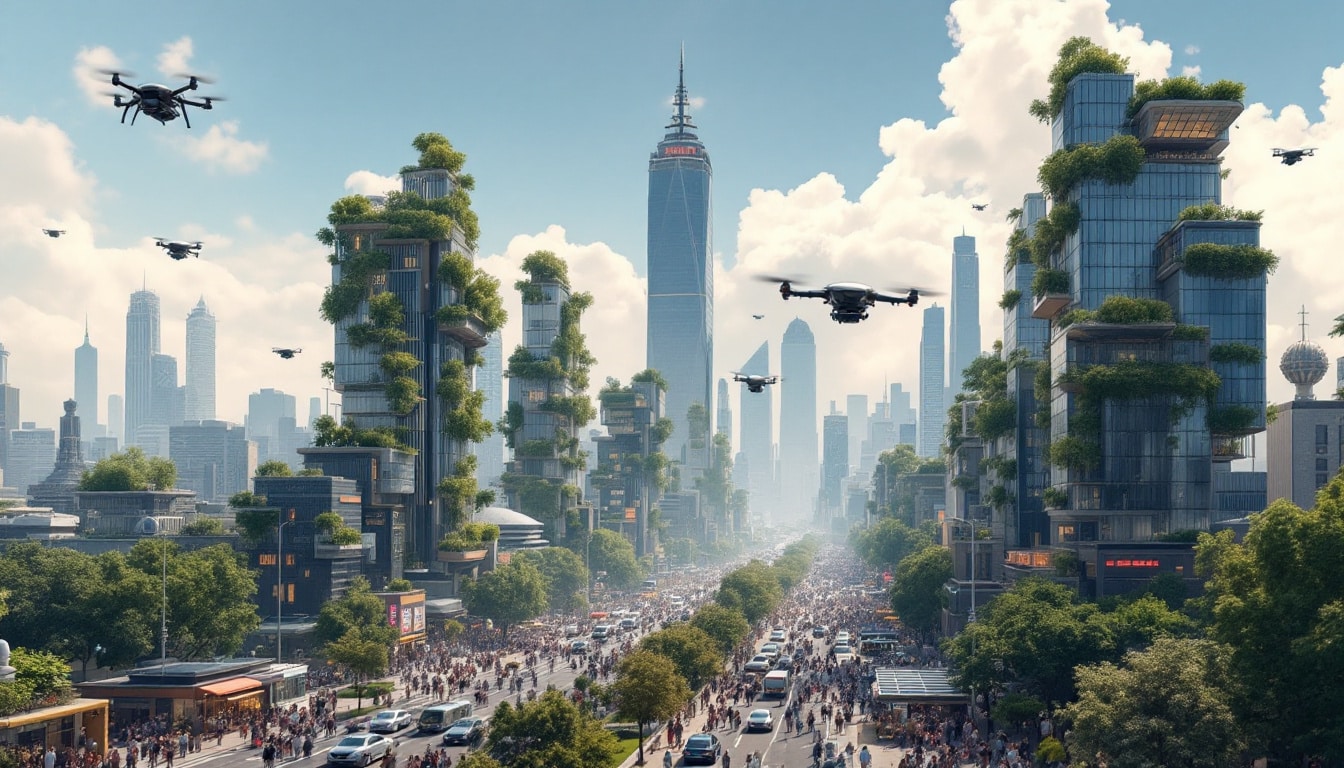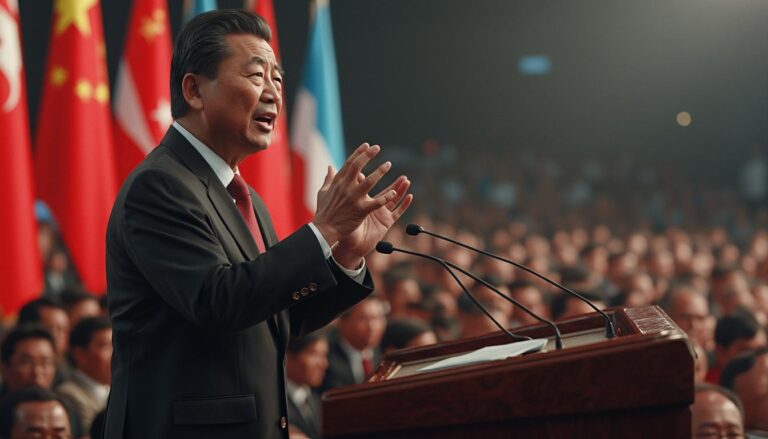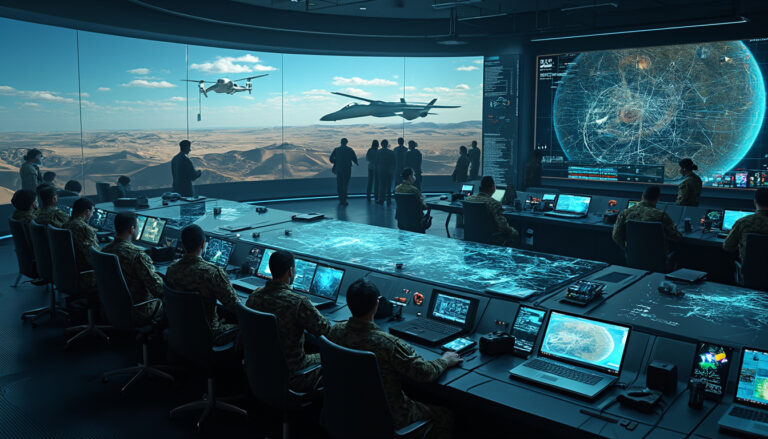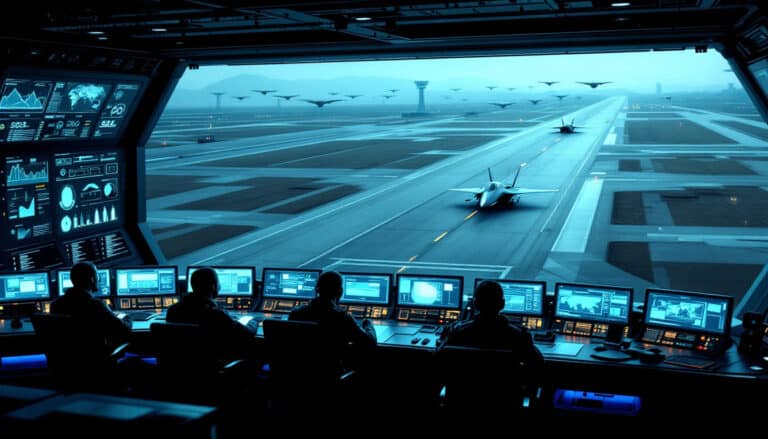Cities are emerging as potential battlegrounds for future conflicts, thereby redefining the military landscape. Rapid urban growth, coupled with technological advancements, is transforming urban environments into strategic areas where mobility, information, and infrastructure play a crucial role. The complexity of human interactions and infrastructure in these densely populated spaces creates new challenges for armed forces. Understanding this urban dynamic is essential to anticipate upcoming conflict scenarios.
The dynamics of military conflicts are evolving towards an urban context due to the increase of megacities and the complexity of urban environments. Trends such as increased mobility, instant information exchange, and diversification of communication channels are changing traditional strategic models. This new environment poses unprecedented challenges for armed forces, which must adapt to combat operations in densely populated areas, where the boundaries between civilian and military zones become blurred. Tactical and technological preparation becomes essential to anticipate future security challenges.

The transformation of urban areas is rapid and marked by unprecedented technological advances. In this context, the complexity of conflicts is also evolving. Growing urbanization leads to an escalation of geopolitical tensions. Experts predict that the next battles will take place in urban environments where the civilian population is densely concentrated. This dynamic presents new challenges for traditional military forces, which must adapt to fighting in urban settings.
Table des matières
ToggleThe Role of Technology in Urban Conflicts
Technological innovations significantly influence military engagement methods. Drone systems, for example, facilitate surveillance and targeted operations, thus reducing risk to military personnel. At the same time, information warfare plays a key role, where social media and new technologies can fuel propaganda. Mastery of cyberspace is essential to control information during a conflict, highlighting the growing importance of these issues in military strategy.
Implications for National Security
In the face of this uncertain future, governments must rethink their national security policies. Protecting critical infrastructure in urban areas becomes a priority, as does training military personnel in urban warfare. Conflicts in metropolises may also have far-reaching consequences, impacting regional geopolitics. Ultimately, the issues related to urban areas are transforming the very nature of conflicts, calling for deep reflection and appropriate preparation.





















